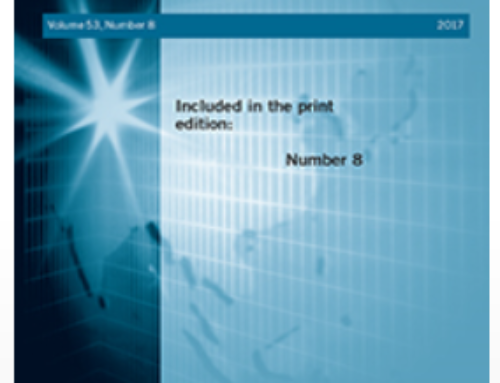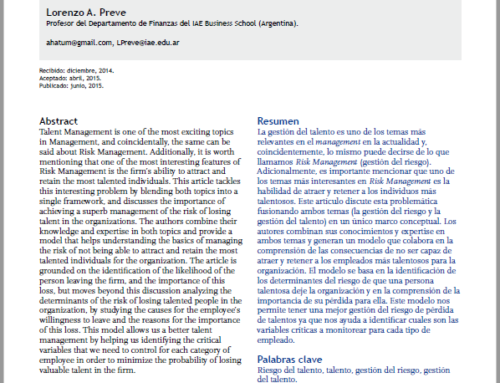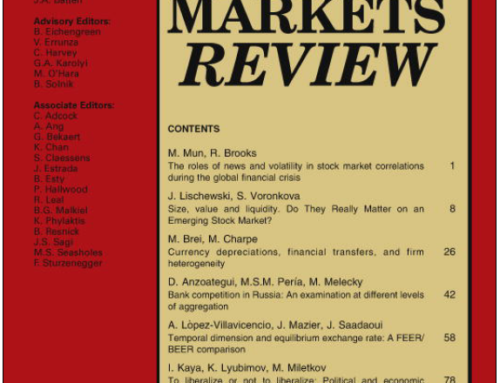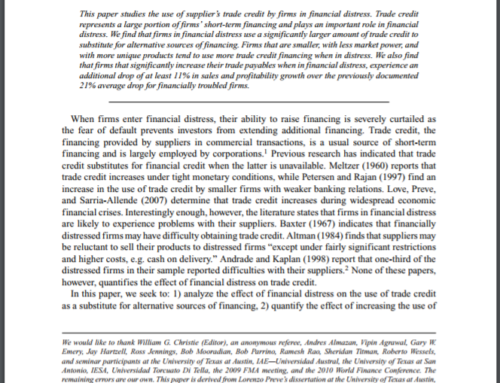Abstract
This paper studies the trade receivables policy of distressed firms as the trade off between the firm’s willingness to gain sales and the firm’s need for cash. We find that firms increase trade receivables when they have profitability problems, but
reduce trade receivables when they have cash flow problems. We also find that a firm that significantly cuts its trade receivables when in financial distress will experience an additional drop of at least 13% in sales and stock returns over the previously documented 20% average drop for financially troubled firms. Moreover, the performance decline of a firm in financial distress is significantly higher if the firm cuts trade receivables than if it does not.




